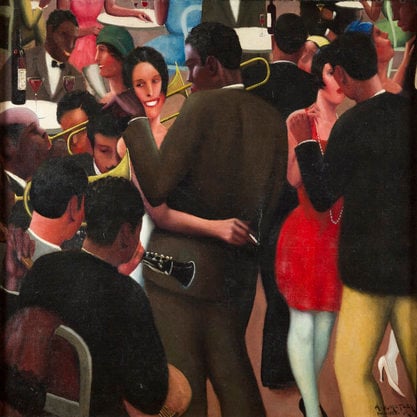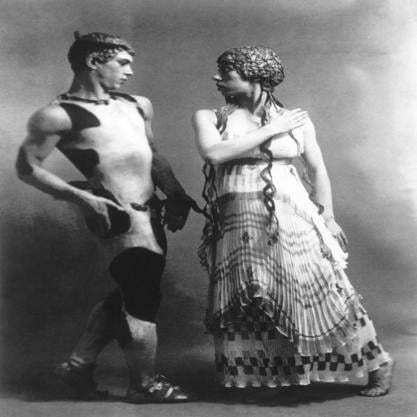Article
African Hip-Hop By Klein, Tobias Robert
Article
There are several features that distinguish African Hip-Hop music from the genre’s American origins. Principal targets of its social critique such as disenfranchisement and social discrimination are obviously based on different grounds in Africa than in the (once) racially separated United States or in Europe. Moreover, certain strata of the continent’s educated youth, with sufficient leisure time and access to foreign media, have played an instrumental role in its rapid spread and development since the 1990s. This decisively urban connection underlines African Hip-Hop’s role as a compelling cultural icon of transnational and socio-political modernity: the adoption and adaptation of a broad conglomerate of music, dance, protest culture, idioms, and fashion trends allowed various generations of young (male) Africans to assume a simultaneously black and cosmopolitan identity.


